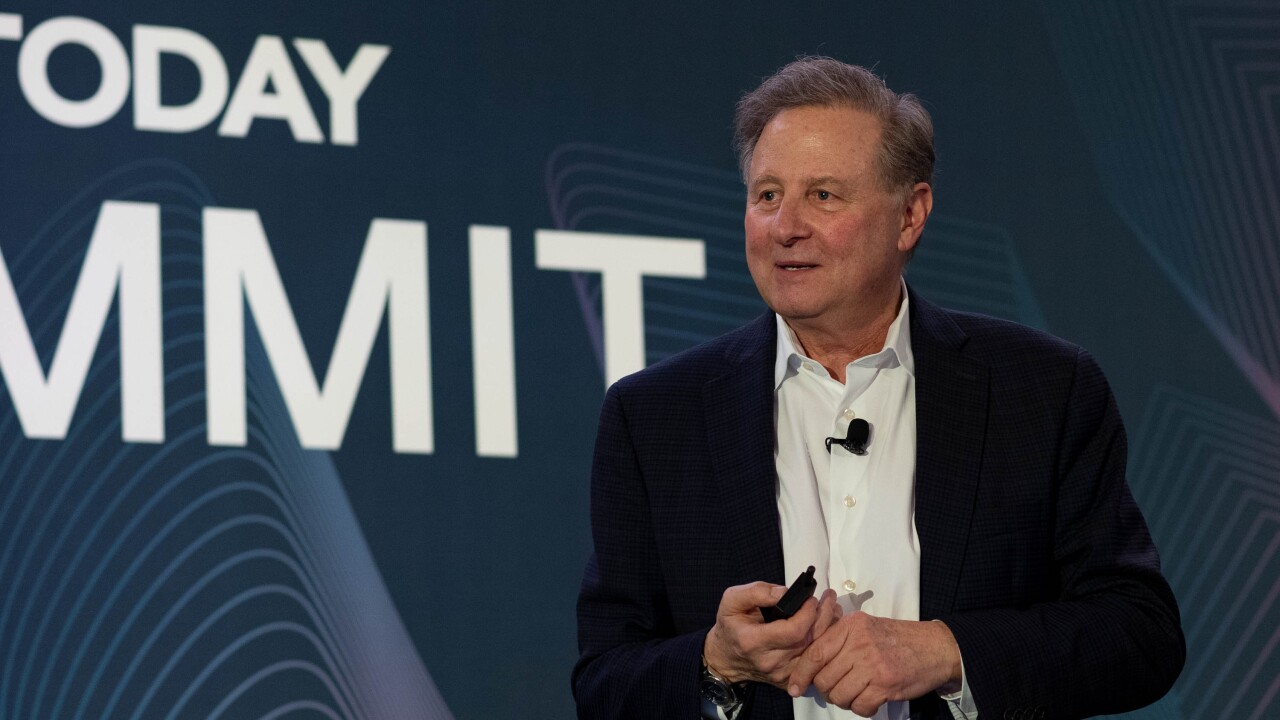Artificial intelligence-based automation is lowering the curtain on the accounting profession's long and fruitful spreadsheet era — just as the spreadsheet ended the era of hand-calculated ledgers.
This time is different, though. The fundamental labor of tax and audit has forever changed. AI can, in a flash, accomplish what litanies of VLOOKUPs, pivot tables, conditional formulas and various other spreadsheet techniques take hours to do. By altering the basic currency of accounting work, AI has changed the skill sets and personal characteristics tied to success in the accounting profession. That, in turn, has changed this field's recruiting game — and, more broadly, the talent- and resource-management games.
AI's role in recruiting grows by the day, and along two main fronts. The first is boosting HR efficiency by reducing the cost, effort and time required to recruit through the sourcing, screening and evaluation processes. The second is increasing the quality and fit of incoming team members through better accuracy and conversion rates in hiring.
AI is revolutionizing recruiting in tax and audit
A dizzying number of AI-infused solutions exist along both fronts. These include stand-alone systems as well as recruiting-specific modules offered by major ERP vendors. In addition, ERPs are increasingly exploiting cloud integration to enable the smooth incorporation of what once would have been stand-alone systems. SAP alone has more than 100 such partners, including Apli, HireEZ, Impress.ai, JobAI-lysis, Magneto, Paradox, Pulsifi, SeekOut, SniperAI and TurboHire, to name just a few.
Some focus narrowly; some cover lots of territory. AI helps screen resumes. Old-school applicant-tracking systems have been doing that for years, but AI is enabling far more precision, to the benefit of companies and candidates alike. More impressively, AI conducts automated, conversational interactions (via web chat, SMS, WhatsApp, email and more) to assess both hard skills (yes, Excel still counts) and soft skills such as emotional intelligence, leadership traits, reliability, customer orientation, and teamwork. All that feeds into better candidate profiles while saving HR staff a ton of time.
AI enables tailoring of hiring criteria based on past successful hires. It can run psychometric tests and rank candidates on dozens of variables. It can tap into talent pools through public profiles, professional-service organizations, job boards, university databases and other sources, locally and globally. It can scour for passive candidates and predict candidate interest and availability. AI can determine a prospect's market value, then use predictive hiring analytics to estimate the likelihood of offer acceptance. It can conduct video interviews and assess communication style and tone, verbal and nonverbal cues, and the consistency of responses, then transcribe and summarize the results.
AI in service delivery changes what accounting firms are recruiting for
AI's ability to help recruiters tease out soft skills and personal qualities is particularly important to today's accounting profession. The managing partner of a Big Four firm once joked that an extroverted accountant was one who, while conversing, looked at your shoes instead of his own. That won't cut it anymore. This field needs people with interpersonal skills and an ability to understand the business significance of the data AI has already spreadsheet-jockeyed. They must compellingly present and explain their conclusions to others in the organization. Much earlier in their careers, accountants must now be able to assess the state of the race rather than just spur on a single horse.
That has implications far beyond AI in recruiting. Where we're headed is the AI-facilitated integration of recruiting, resource management and talent management to help spreadsheet sophisticates learn the bigger-picture business and build and refine their strategic-thinking and interpersonal skills — and at the same time provide a new generation of accountants hired on evolved criteria with the deeper audit-and-tax skills they must harness for the firm's and their own success.
AI-powered resource management has become a major focus
Given the need to bring in strong performers in a specialized field in which retirements
The sunset of the spreadsheet era has profound implications for accounting firms. AI-powered recruiting solutions are now indispensable in finding, assessing and bringing in talent poised to thrive in reshaped tax and audit ecosystems. But AI recruiting is not enough. It's going to take combinations of integrated AI systems to ensure staff can grow quickly into more strategic roles even as firms profitably maintain high levels of client service. It takes a village to raise a child, the saying goes. These days, it takes an AI village to develop an accountant.




